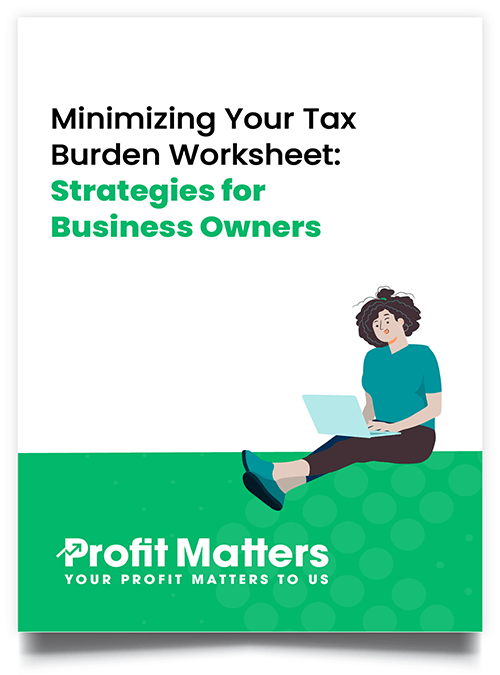But these two functions are different, well, to some extent.
While accounting is a more senior organizational function, bookkeeping is more associated with small and medium businesses. This is one of the main differences between these two functions.

To help you know what to expect from a bookkeeping role, I have compiled a full list of the roles, education, and competencies of a typical bookkeeper.
If you intend to engage a bookkeeper or you already have one, you might want to keep this as a checklist.
Education
The minimum academic and professional qualifications of a bookkeeper include but are not limited to:
- Knowledge of bookkeeping practices
- Knowledge of generally accepted accounting principles and procedures
- Knowledge of relevant legislation and regulatory requirements
- Working knowledge of relevant computer applications such as QuickBooks, Sage, and Xero
- Knowledge of data management and financial data analysis
- An associate degree in accounting, finance or business an advantage
- Bookkeeping certification from a recognized institution
- A member of a recognized professional body
Away from their educational background, they should be able to perform the tasks listed below.
Note that depending on what you agree upon, the tasks may be less or more than the highlighted one. But generally, here’s what to expect from a bookkeeper.
Bookkeeping Tasks and Responsibilities
- Check and verify source documents such as invoices, receipts, computer printouts
- Allocate and post financial transaction details to subsidiary books
- Transfer data to the general ledger and reconcile and balance all accounts
- Prepare financial statements (trial balance, income statement, balance sheet)
- Collate and analyze account data and generate financial reports
- Keep track and maintain inventory records
- Maintain internal control systems
- Prepare checks, payments and bank deposits
- Manage accounts payable and accounts receivable
- Prepare and process payroll and comply with relevant reporting requirements
- Calculate and prepare tax payments on a timely basis
- Assist with audits
- Assist with budget preparation
- Maintain a complete filing system (soft and hard) to support financial records
Lastly, a qualified bookkeeper should have certain key skills and competencies.
They include:
- Planning and organizing
- Attention to detail
- Information collection and monitoring
- Problem analysis and solving
- Communication skills
- Confidentiality, integrity, and independence
The Bottom Line
In summary, prior to engaging a bookkeeper, ensure that you bring them up to speed with what you expect from them. If for some reason, they are not able to meet some of the roles or qualifications highlighted above, you may need to think twice about their suitability.
But while this post provides a description of the bookkeeping role, as I mentioned earlier, you may need to tweak it to fit your business setup.
Having trouble getting a qualified bookkeeper using this coveted checklist? Talk to us today…



